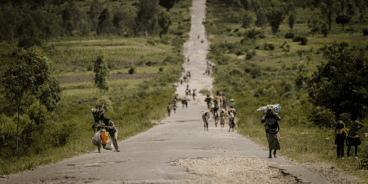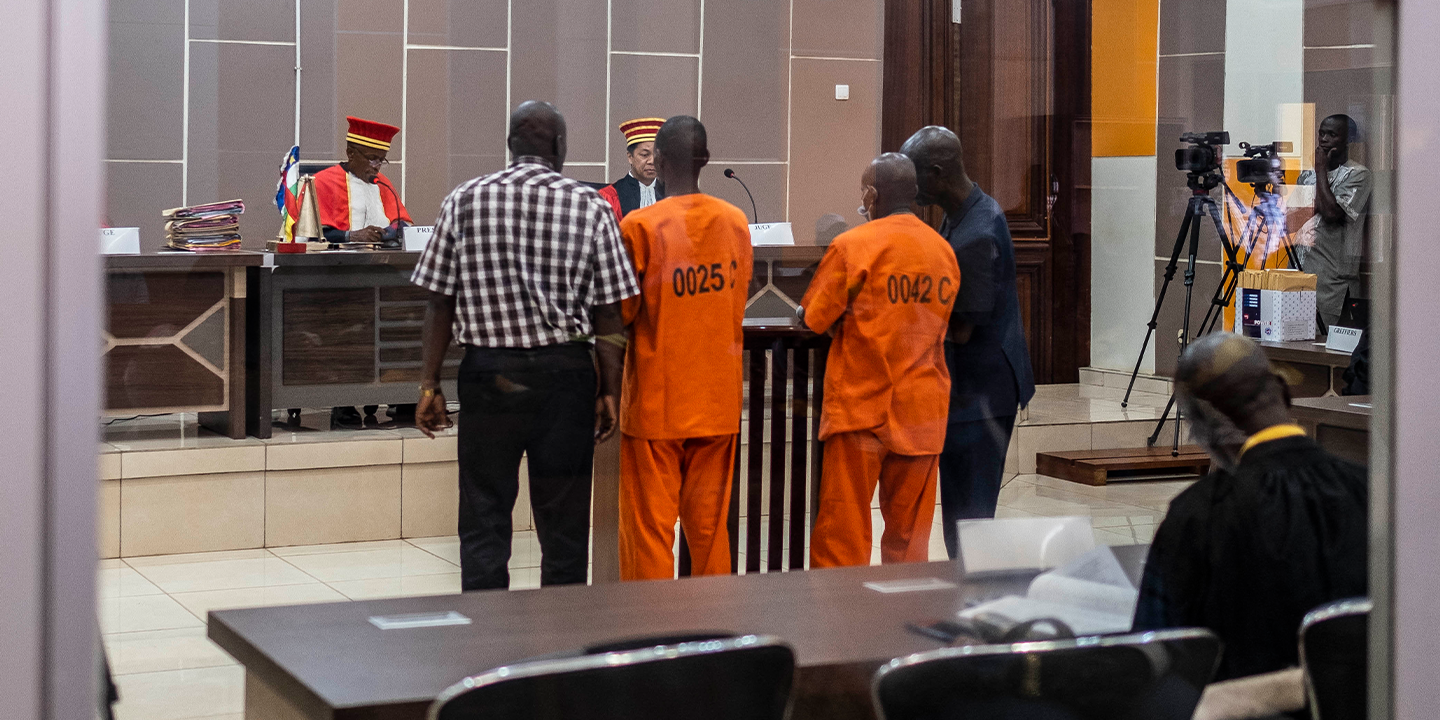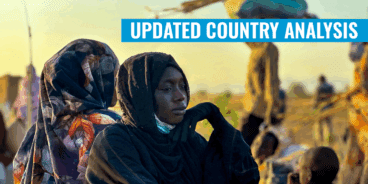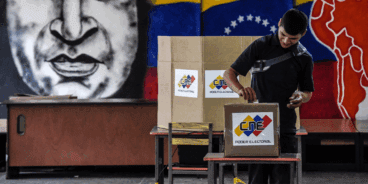

Central African Republic Appropriations Letter FY24
Dear Members of the House and Senate Appropriations Committees:
On behalf of the undersigned organizations, we urge a strong U.S. commitment to supporting justice and long-term peace and stability in the Central African Republic (CAR) as part of the FY24 State, Foreign Operations, and Related Programs appropriations bill.
Specifically, we urge the following be included in the FY24 State, Foreign Operations, and Related Programs (SFOPs) appropriations:
-
-
- Bill text: “SEC. (a) CENTRAL AFRICAN REPUBLIC.—Of the funds appropriated by this Act under the heading ‘‘Economic Support Fund’’, not less than $3,000,000 shall be made available for a contribution to the Special Criminal Court in Central African Republic.”
-
-
-
- Report language: “Central African Republic.—The Committee is concerned about widespread intercommunal tensions in the Central African Republic that have led to violence, conflict, and humanitarian suffering. The Committee supports additional funding to support peacebuilding, reconciliation, food security, democracy, and livelihoods programming to help civilians rebuild their lives, communities, and local economies.”
-
We are gravely concerned about cuts to this funding proposed for FY24 by the House Appropriations SFOPs Subcommittee.
Central Africans continue to experience violence and instability at the hands of armed groups, while government forces and their allies have also been responsible for atrocities against civilians. Between October 2022 and January 2023 alone, the United Nations Mission in CAR (known as MINUSCA) documented and verified 608 human rights violations and abuses and violations of international humanitarian law that had affected 1,619 victims comprising 1,317 men, 96 women, and 125 children, and caused 140 conflict-related civilian deaths. As a result of the ongoing crisis, the UN estimates that more than 1.1 million Central Africans—more than one- fourth of the population—have been displaced from their homes, and 49 percent of the population faces food insecurity.
Special Criminal Court:
Details on requested language: The language mentioned above (1) providing CAR’s Special Criminal Court (SCC) with $3 million in funding is consistent with language regarding the Special Criminal Court in the FY23 omnibus appropriations bill text, as well as in previous appropriation bill texts since FY19, P.L. 116-6, P.L. 116-94, P.L. 116-260, and P.L. 117-103.
Justification: The Government of CAR has taken important steps to limit impunity for atrocity crimes committed in the country through the operationalization of the SCC in 2018 to prosecute serious crimes in violation of international law committed since 2003. The court made significant progress in the past year, starting and concluding its first trial. This trial was a landmark moment for victims in the Central African Republic who have repeatedly called for justice for heinous crimes committed during successive conflicts in the country.
On October 31, the judges found the defendants guilty of war crimes and crimes against humanity. One defendant received a life sentence while the other two were given 20 years imprisonment. The conviction is currently on appeal at the court. On June 16, 2023, the court announced a decision to award reparations to victims of the attack.
Twenty-three cases are currently under judicial investigation, which is a phase that precedes trials in civil law systems, as in the Central African Republic. This phase is limited to a two-year period meaning that multiple additional trials should commence in the near term.
Since October 2023, at least six additional individuals indicted for international crimes by the court have been arrested. As of February 1, a total of 22 individuals had been indicted by the court since October 2018. Twelve suspects and the three who were convicted in the court’s first trial are currently in detention. In January 2023, the court’s mandate was renewed for one five-year period allowing the court to continue its vital efforts.
The SCC has pioneered a unique cost-efficient structure in which international and national judges and prosecutors work together in the court, which is based in the Central African Republic justice system. The effectiveness of the SCC is important to the government’s ability to hold independent and fair trials and to bring perpetrators of war crimes to justice in order to advance accountability and contribute to long-term stability and peace in the country. The SCC has operated on a modest budget of approximately $14-15 million per year, a fraction of the annual cost of other hybrid war crimes courts. Given the SCC budget, the U.S.’s annual contribution of
$3 million from FY20 – FY23 has provided critically important funding, including for victim and witness protection, operational and financial support for investigative missions, staff training and development, improved case management, and forensics. U.S. funding is also important to incentivizing other donors to dedicate resources to the court.
Other assistance:
Details on requested language: The language mentioned above (2) supporting additional funding to advance long-term peace and stability in the Central African Republic, such as support for peacebuilding, reconciliation, food security, democracy, and livelihoods programming, was included as report language in the FY23 appropriations bill (H. Rept. 117–401).
Justification: Renewing inclusion of this language in FY24 appropriations would allow support for peacebuilding initiatives and allow investments in underfunded sectors which currently receive little U.S. funding but are critical to efforts to prevent further atrocities, consolidate peace, and support sustainable recovery of conflict-affected communities.
In recognition of the situation in the Central African Republic, the House of Representatives overwhelmingly passed H. Res. 387 in March 2020, calling for U.S. leadership in supporting peace and accountability efforts in the country. We urge you to continue and strengthen U.S. commitment to justice and long-term sustainable peace for the citizens of the Central African Republic.
*The list of signers is private. Signers have various mandates that may not cover the full scope of the recommendations.
Related Content


Populations at Risk, November 2025
